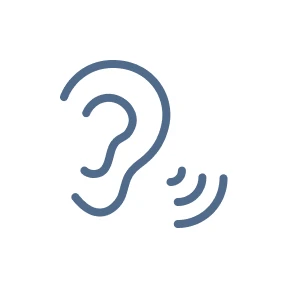
Primary Treatment
Liberty Home’s inpatient treatment centre in Cape Town, South Africa, offers patients intensive support and treatment for substance use, including LSD use. While in our inpatient rehab, staff will be available 24/7 to support our patients. The centre offers substance abuse and mental health services for those with co-occurring disorders, as addiction and mental health invariably go hand-in-hand. While this centre does not offer a detox programme, our staff does collaborate.






